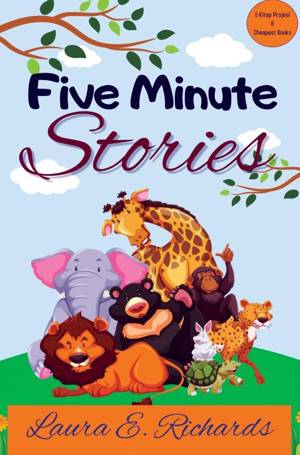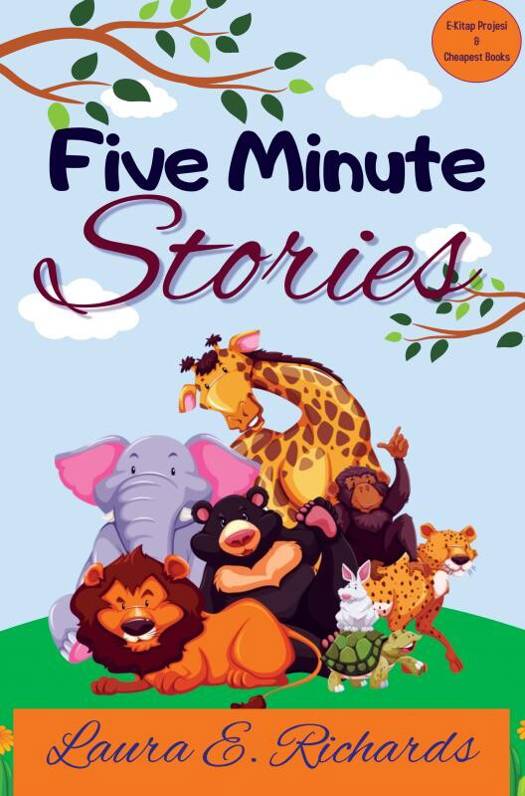
- Afhalen na 1 uur in een winkel met voorraad
- Gratis thuislevering in België vanaf € 30
- Ruim aanbod met 7 miljoen producten
- Afhalen na 1 uur in een winkel met voorraad
- Gratis thuislevering in België vanaf € 30
- Ruim aanbod met 7 miljoen producten
Zoeken
Omschrijving
Laura Elizabeth Howe Richards (1850 – 1943) was an American writer. She born in Boston, Massachusetts, to a high-profile family. During her life, she wrote over 90 books, including children's, biographies,poetry, and others. A well-known children's poem for which she is noted is theliterary nonsense verse Eletelephony.
Her father was Dr. Samuel Gridley Howe, an abolitionist and the founder of thePerkins Institution and Massachusetts School for the Blind. Samuel Gridley Howe's famous pupil Laura Bridgman was Laura's namesake.
Julia Ward Howe, Laura's mother, was famous for writing the words to The Battle Hymn of the Republic.
In 1871 Laura married Henry Richards. He would accept a management position in 1876 at his family's paper mill at Gardiner, Maine, where the couple moved with their three children.
In 1917 Laura won a Pulitzer Prize for Julia Ward Howe, 1819-1910, a biography, which she co-authored with her sister, Maud Howe Elliott. Her children's book Tirra Lirra won the Lewis Carroll Shelf Award in 1959.
A pre-kindergarten to second grade Elementary School in Gardiner, Mainehonors her name.
Her father was Dr. Samuel Gridley Howe, an abolitionist and the founder of thePerkins Institution and Massachusetts School for the Blind. Samuel Gridley Howe's famous pupil Laura Bridgman was Laura's namesake.
Julia Ward Howe, Laura's mother, was famous for writing the words to The Battle Hymn of the Republic.
In 1871 Laura married Henry Richards. He would accept a management position in 1876 at his family's paper mill at Gardiner, Maine, where the couple moved with their three children.
In 1917 Laura won a Pulitzer Prize for Julia Ward Howe, 1819-1910, a biography, which she co-authored with her sister, Maud Howe Elliott. Her children's book Tirra Lirra won the Lewis Carroll Shelf Award in 1959.
A pre-kindergarten to second grade Elementary School in Gardiner, Mainehonors her name.
Specificaties
Betrokkenen
- Auteur(s):
- Uitgeverij:
Inhoud
- Aantal bladzijden:
- 260
- Taal:
- Nederlands
Eigenschappen
- Productcode (EAN):
- 9786256004429
- Verschijningsdatum:
- 3/01/2025
- Uitvoering:
- Paperback
- Afmetingen:
- 155 mm x 235 mm
- Gewicht:
- 450 g

Alleen bij Standaard Boekhandel
+ 45 punten op je klantenkaart van Standaard Boekhandel
Beoordelingen
We publiceren alleen reviews die voldoen aan de voorwaarden voor reviews. Bekijk onze voorwaarden voor reviews.











